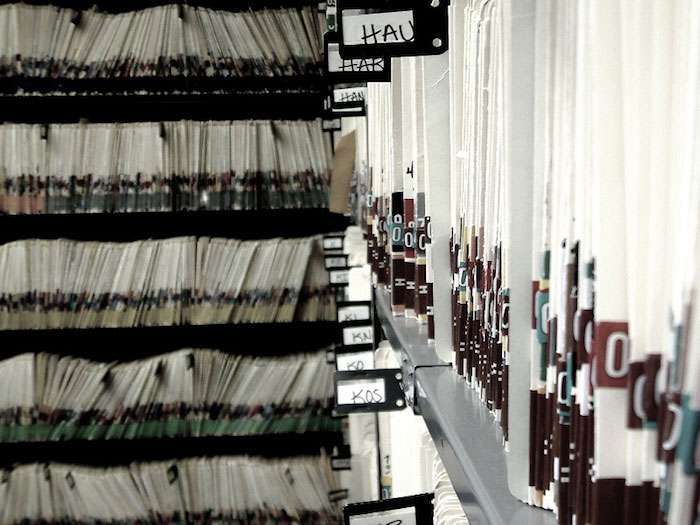Nowadays, going paperless is no longer revolutionary, but the best practices standard. More and more companies are going paperless for a variety of reasons. But beyond cost savings and reduction in environmental impact, there is much about proper records management many people are unaware of. For example, did you know that records management has a lifecycle? As the trusted name in records management for Wilmington and the surrounding areas we would like to tell you more about it!

In records management, there is a lifecycle that corresponds to the stages that each record undergoes. This lifecycle covers everything from the creation of a record to its disposal. Different policies and procedures exist at each phase. It begins with the creation of the document and ends with disposal or preservation of it. Different programs, software, and educational materials may use different names for the phases, but they are basically fixed and operate concurrently and continuously. Here is its typical order:
1. Creation. The first phase in a record’s lifecycle, creation involves the receipt of a record and classification of it as a record in an organization’s records management system. Ensure that you create records correctly, which means including the right information and using the proper format.
2. Use & modification. This is when people use and modify am active record. Active records are those that are in current use and often within close physical proximity to the people using them.
3. Protection. As the record or document is in use It continues as a record, and you must maintain and protect it from several things, including unauthorized access and damage. Those who need records on a regular basis must have easy access to them. We can help you keep your records safe in all phases of its lifecycle with our records management services. Even if someone is not regularly accessing an inactive record, you must maintain and protect it.
4. Maintain. The length of time that you must maintain a record differs based on several factors, including company policy and government rules and regulations. You need to keep some records forever and, therefore, institute an archival process at some point.
5. Dispose or archive. At the end of a record’s lifecycle, the records management team must decide whether to destroy or preserve the record. Within records management, systems exist to determine what happens to each record and when. Our records management can offer comprehensive document storage for documents you’d like to keep and proper disposal of those you no longer want.
Ready to get started? For more information about records management in Wilmington or anywhere you are in the Mid-Atlantic area, call Resource Data Management at 215-953-5175. Or you can contact us to get a Free Analysis.
